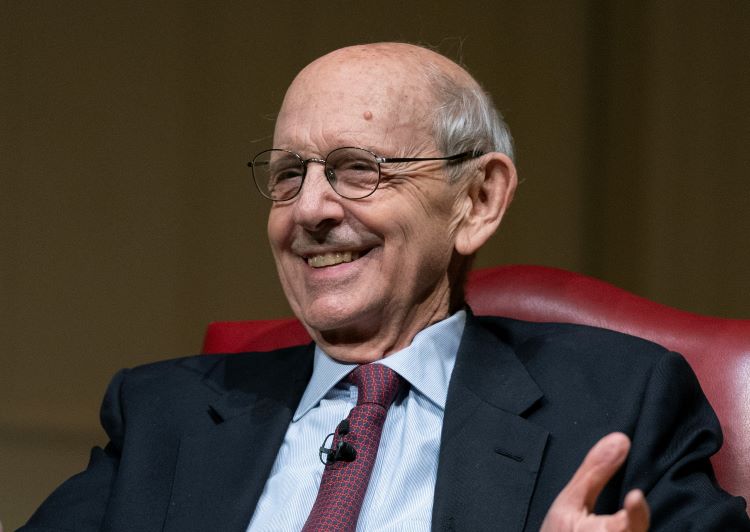Hamdan Lawyer to Head Emory U Clinic
A prominent U.S. Navy lawyer will serve as a visiting professor at Emory University School of Law this fall after retiring from the military, and he will help establish a new international humanitarian law clinic.
In addition to teaching courses on international humanitarian law, criminal law, evidence, and military law, Charles D. Swift will also serve as acting director of the law school’s IHL clinic, Emory Law reports on its Web site.
He is particularly known for his role in the Hamdan v. Rumsfeld case that led to a U.S. Supreme Court ruling last year that the military tribunal system then being used to try Swift’s client, Salim Hamdan (Osama bin Laden’s driver), was illegal. In addition to the precedent it sets for trying detainees in the so-called war on terror, the case also is widely seen as a milestone ruling on executive power, National Public Radio reported last year.
Humanitarian law, or the law of conflict, governs individuals, states and other entities during armed conflict. It thus includes the Geneva Conventions and the U.S. Uniform Code of Military Justice, both of which were violated, the Supreme Court found, by the military tribunal system.
“Despite universal acceptance, the precepts and applicability of the Conventions are increasingly challenged by the growing number of ethnic and religious conflicts around the globe,” Swift said. “When combined with the threat of international terrorism, these conflicts do not fit neatly within or adhere to the nation-state model of armed conflict. The need for both scholars and practitioners devoted to the development and preservation of IHL has never been greater.”
Neal Katyal, a professor at Georgetown University Law Center who argued Hamdan’s case, says Emory has scored a coup by hiring Swift: “He brings to Emory one of the things most lacking in modern American law schools today: deep knowledge about the craft and art of trial lawyering.”
(Hat tip: The BLT: The Blog of Legal Times.)



